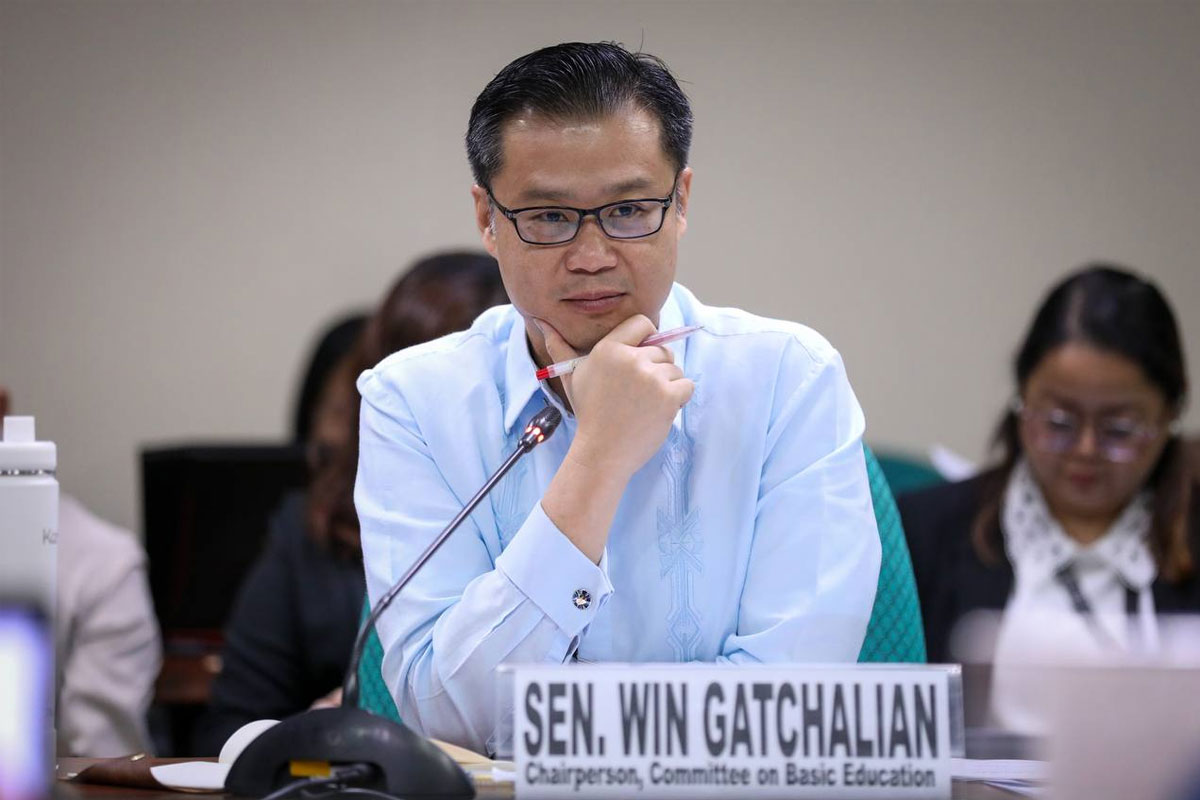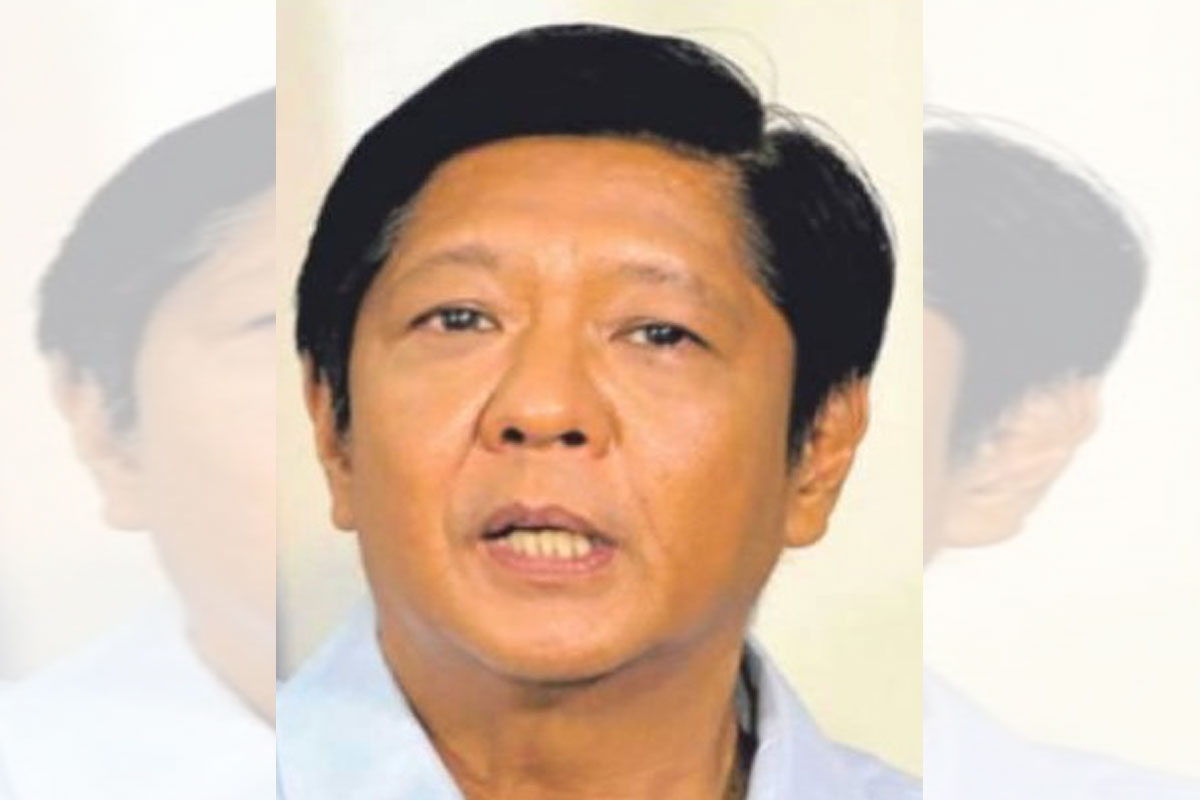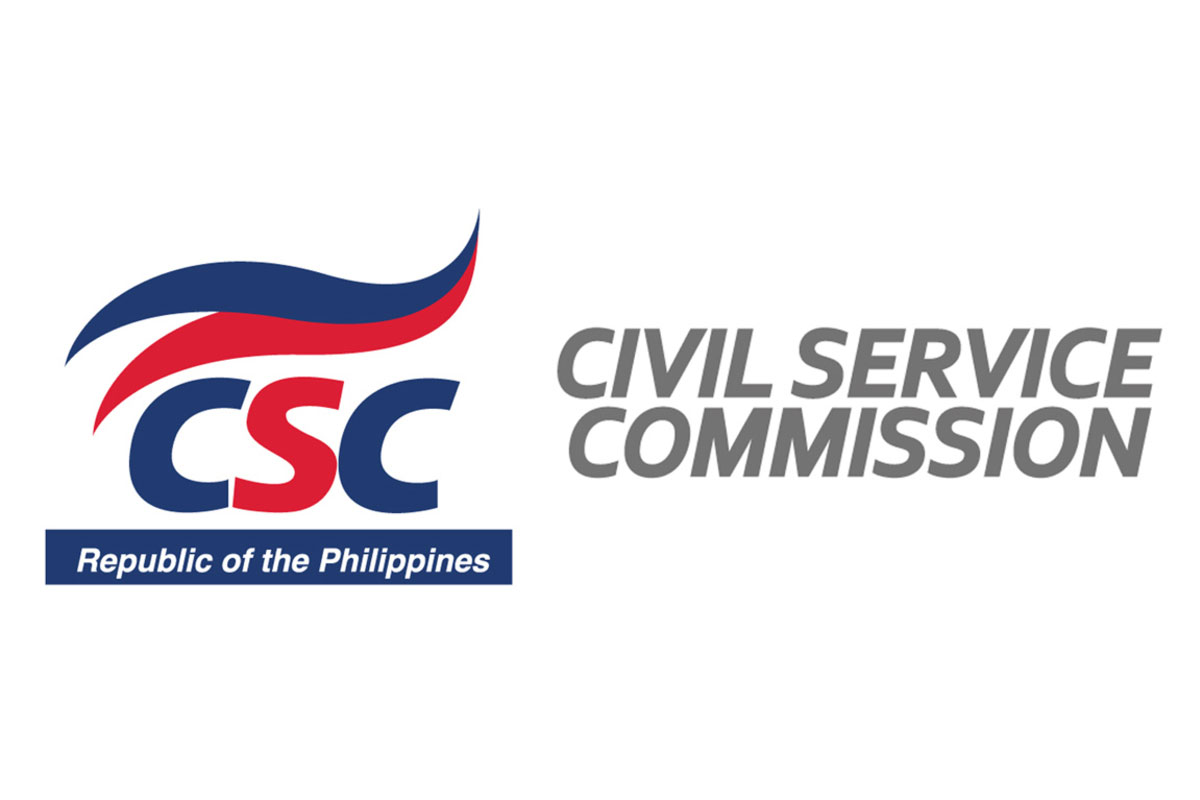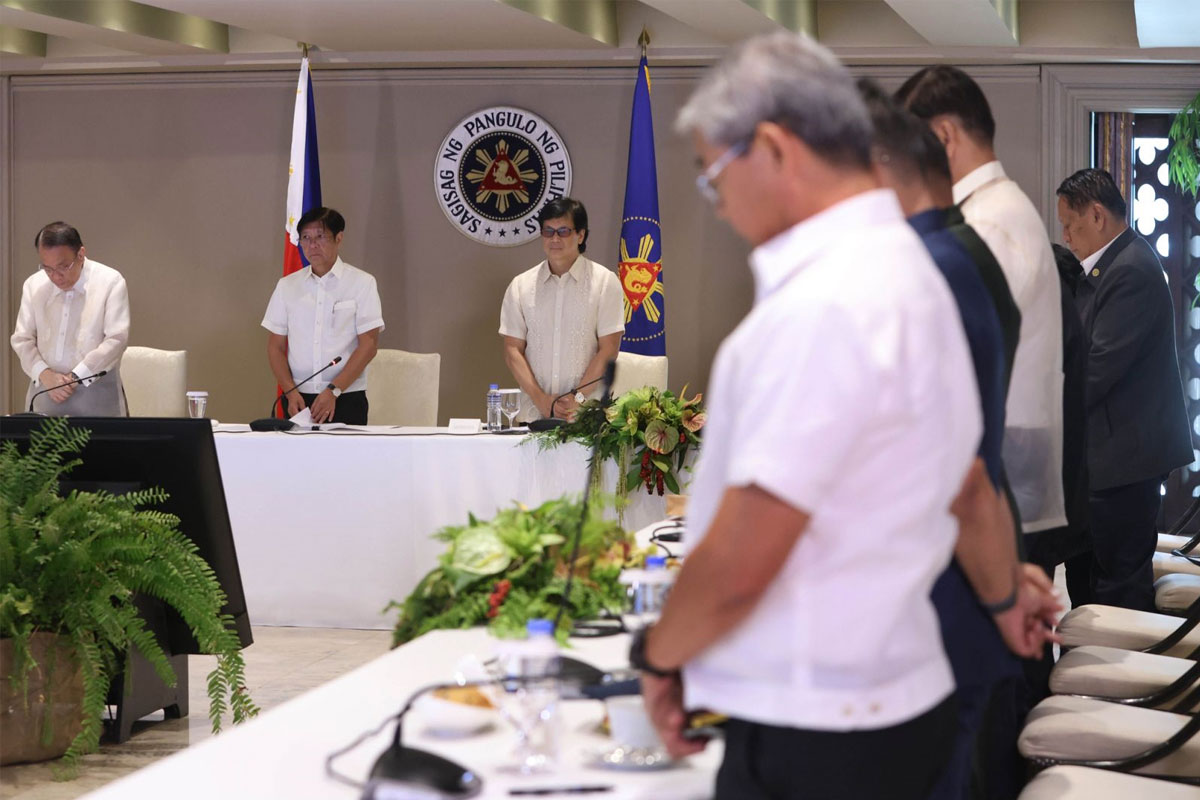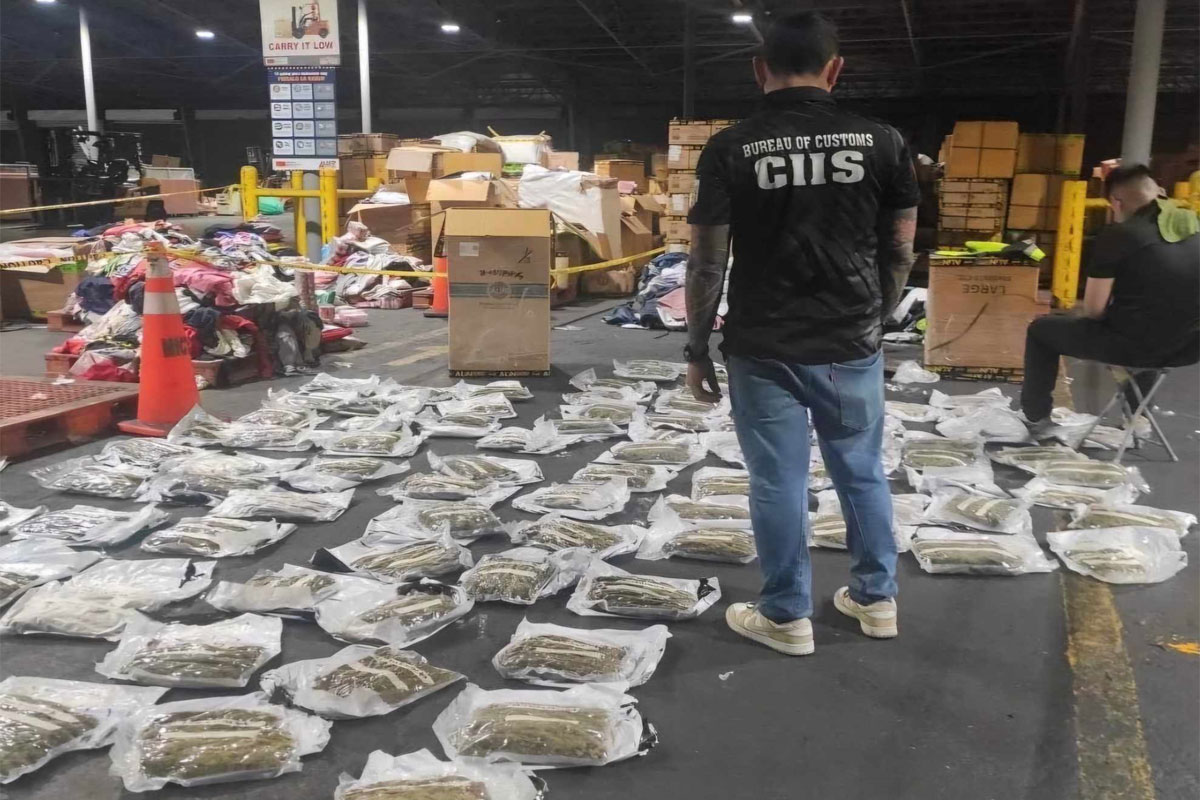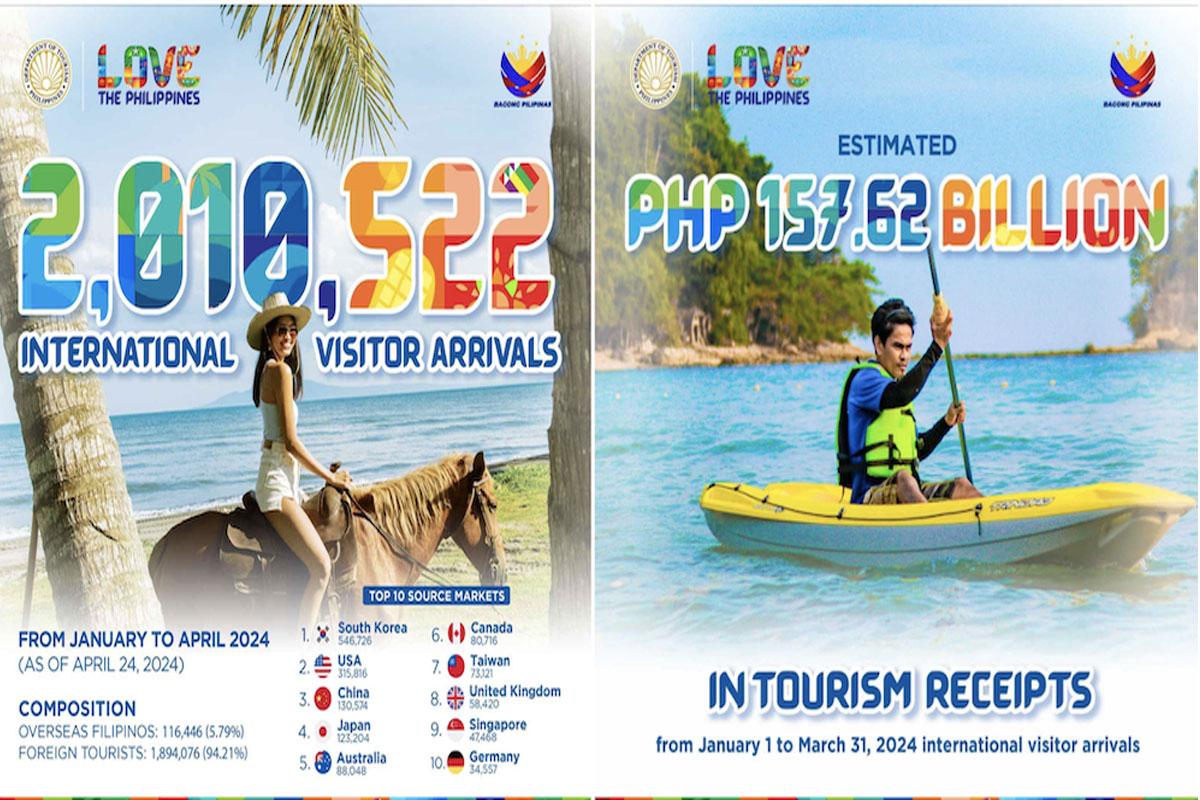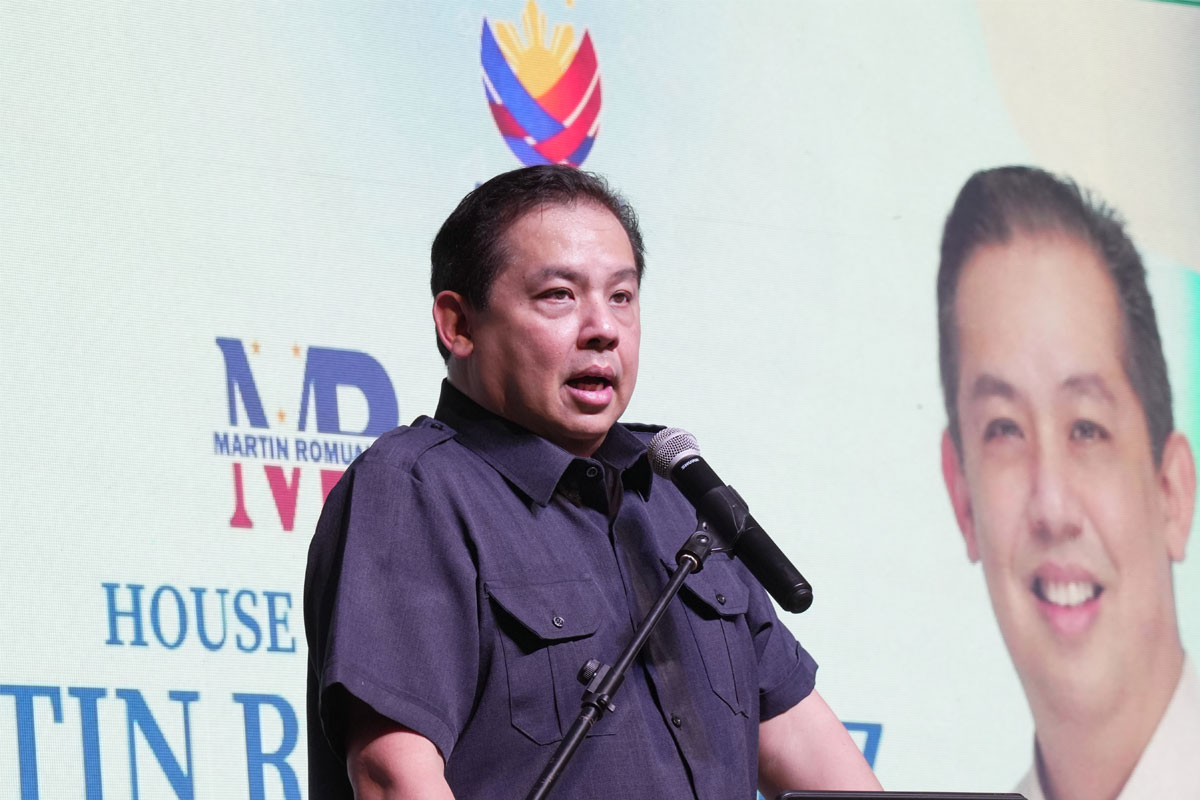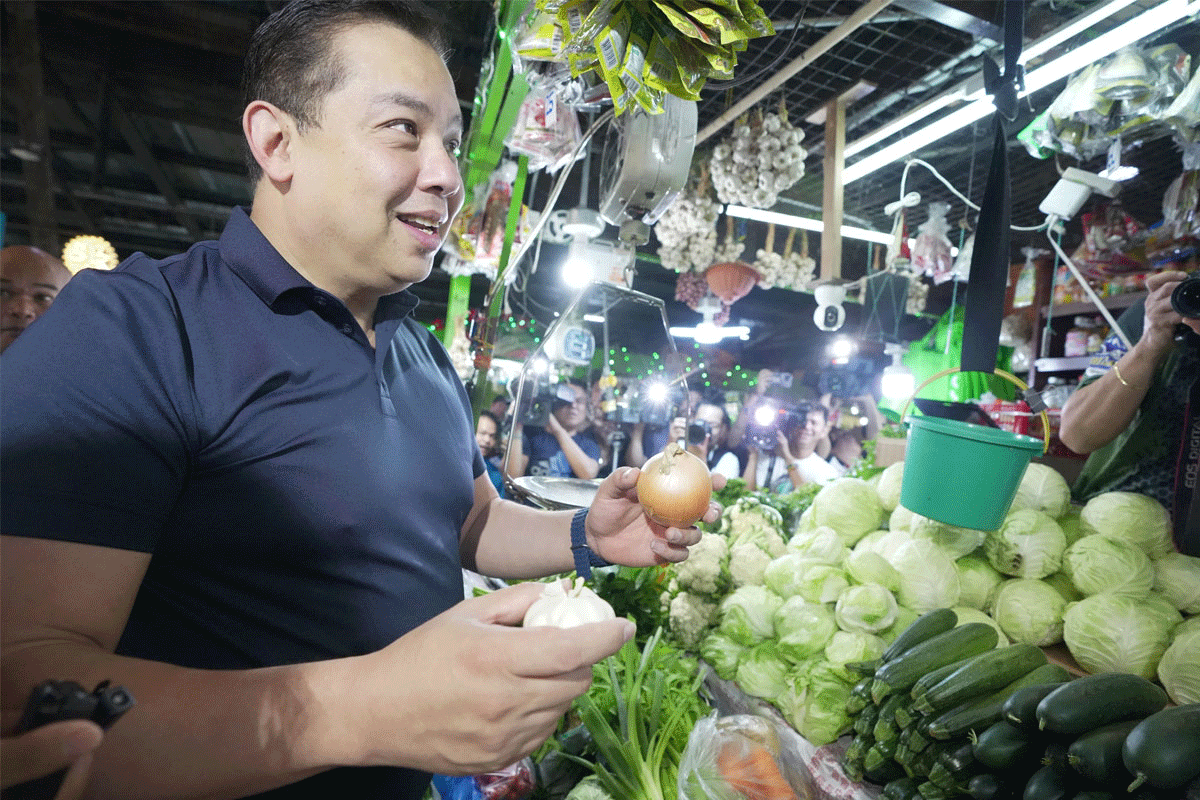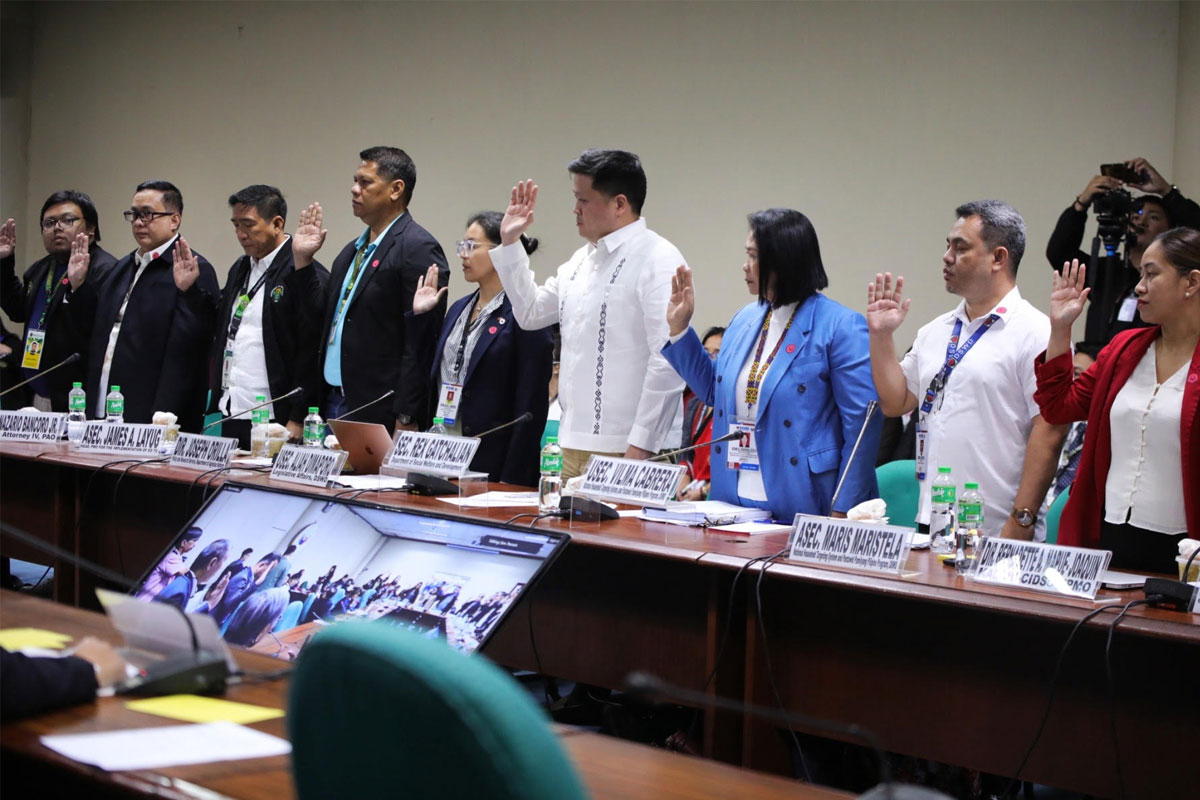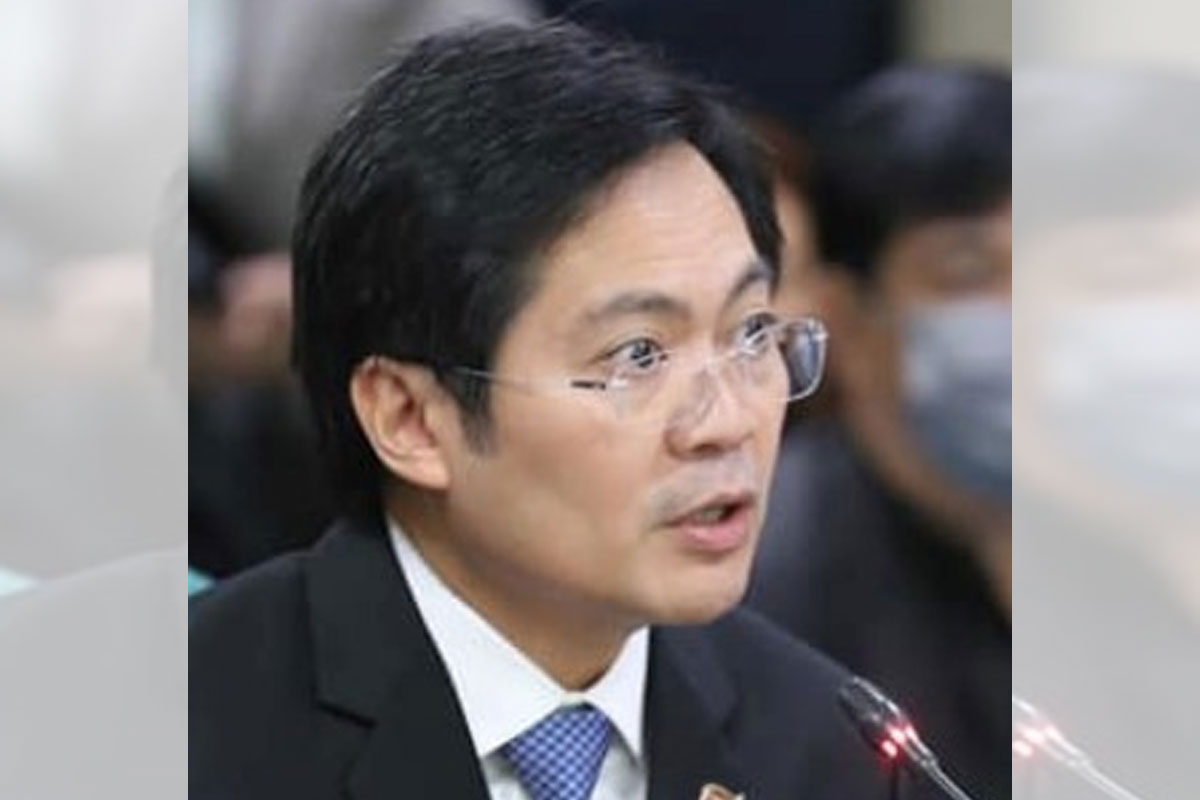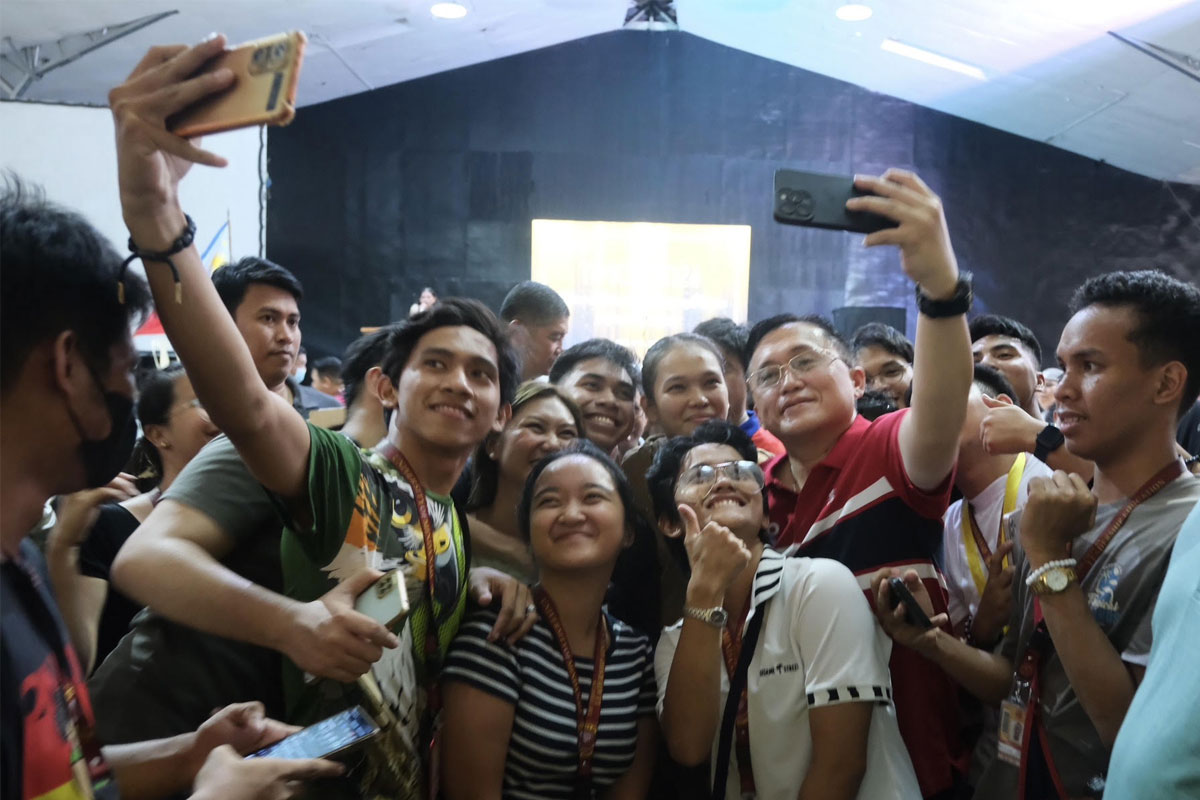
Nestlé PH: signing of EPR law on plastic waste will be a major step forward
AS the country’s first multinational fast-moving consumer goods company to achieve plastic neutrality – recovering plastic waste equivalent to what it puts out in the market – Nestlé Philippines fully supports the consolidated legislation on Extended Producer Responsibility (EPR) for plastic waste, and hopes it will besigned into law by President Rodrigo Roa Duterte.
Nestlé PH Chairman and CEO Kais Marzouki said: “We congratulate the authors and sponsors of this EPR legislation which we have consistently advocated. Its enactment into law will be a major step in building a waste-free future and a circular economy. Our vision is that none of our packaging, including plastics, ends up in landfills, oceans, lakes, or rivers, or as litter.”
The legislation defines EPR as the environmental policy approach and practice that requires producers to beenvironmentally responsible throughout the life cycle of a product, especially its post-consumer or end-of-life stage. Coverage will encompass large enterprises. Plastic packaging refers to products utilized to carry, protector pack goods for transportation, distribution and sale. These include: sachets, labels, laminates and otherflexible plastic packaging products, whether single or multi-layered; rigid plastic packaging products; plastic bags for carrying or transporting of goods and provided or utilized at point of sale; and polystyrene.
EPR seeks to establish a circular economy. According to the Ellen MacArthur Foundation: “In our current economy, we take materials from the Earth, make products from them, and eventually throw them away as waste – the process is linear. In a circular economy, by contrast, we stop waste being produced in the first place. The circular economy is based on three principles, driven by design – eliminate waste and pollution, circulate products and materials (at their highest value), and regenerate nature. It is underpinned by a transition to renewable energy and materials. A circular economy decouples economic activity from the consumption of finite resources. It is a resilient system that is good for business, people and the environment.”
With plastic waste as one of the world’s most pressing environmental problems, tackling it is a top priority for Nestlé which globally aims to make its packaging 100% recyclable or reusable by 2025. The company isimplementing a holistic approach to plastic waste, accelerating initiatives across three focus areas: (1) developing the packaging for the future, through packaging and delivery innovation and plastic reduction; (2) helping to shape a waste-free future through increased collection and recycling; and (3) driving new behaviorsand understanding through solid waste management (SWM) education.
Apart from its plastic neutrality milestone, collecting 48 million kilograms of plastic waste from August 2020 to May 2022, Nestlé PH has transitioned to paper straws for its locally manufactured ready-to-drink products, the country’s first F and B manufacturer to do so. Among its initiatives to raise consumer awareness and behavior on plastic waste, the company developed the country’s first SWM education modules to be rolled out in 20,000 public schools nationwide. The modules, as part of the Nestlé Wellness Campus program, are reaching millions of Grades 1 to 10 students. Separate SWM modules have been created and are being sharedwith parents, teens and local government units.
Mr. Marzouki said: “Even as we pursue economic, social and environmental sustainability, Nestlé has embarked on a journey of regeneration: to help protect, renew and restore the environment, improve the livelihoods of farmers, and enhance the resilience and well-being of communities and consumers. Putting intopractice EPR on plastic waste will be a landmark development for sustainability and regeneration.”


